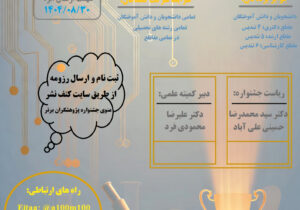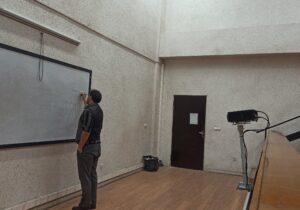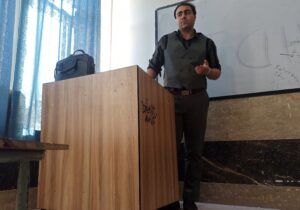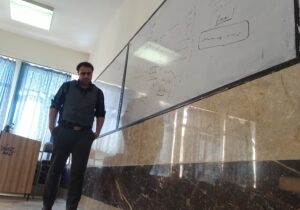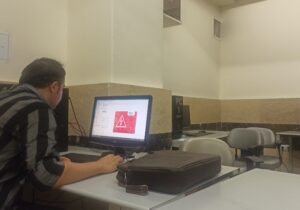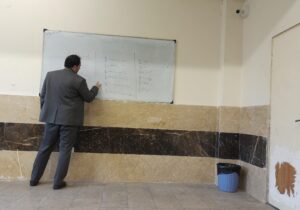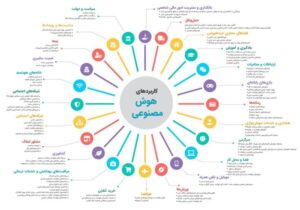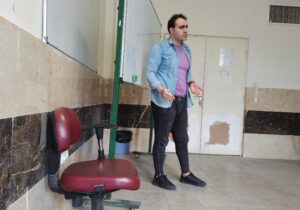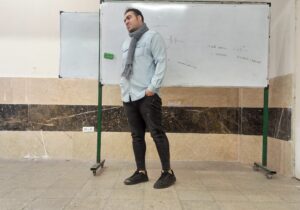Asan Technology \ In light of contemporary global experiences, we can observe the tangible results of empowering rural women as a pivotal element in achieving sustainable development. Studies indicate that in Tajikistan, during the implementation of the Resilient Livelihoods Project, this initiative has successfully addressed vulnerabilities and improved the livelihoods of rural women by enhancing […]
Asan Technology \ In light of contemporary global experiences, we can observe the tangible results of empowering rural women as a pivotal element in achieving sustainable development. Studies indicate that in Tajikistan, during the implementation of the Resilient Livelihoods Project, this initiative has successfully addressed vulnerabilities and improved the livelihoods of rural women by enhancing employability, agricultural productivity, and cultural advancement.
According to reports, this project focused on female farmers with small plots of land (less than one hectare), which significantly enhanced women’s agricultural skills, increased their roles within the agricultural value chain, and bolstered employment opportunities for female farmers. This ultimately contributed to improving household incomes and reducing food insecurity, leading to the economic empowerment of rural women in a manner that is sustainable and environmentally friendly.
In Cambodia, in collaboration with the Visa Foundation and the National Bank of Cambodia, an educational initiative titled “Advancing Economic Empowerment of Women in Rural Areas through Financial and Digital Literacy Enhancement” was successfully implemented. This program aimed to elevate the skills and knowledge of rural women regarding financial well-being, money management, and understanding digital currencies.
The initiative included specialized workshops in rural areas focused on teaching essential digital literacy and financial skills through interactive tools, led by banking professionals.
In Mali, where food scarcity and malnutrition have significantly impacted child nutrition, women were trained to produce and sell fortified flour. This led to the rapid establishment of empowered women’s cooperatives that took action against food poverty, yielding remarkable results.
Now, it is imperative to draw lessons from the experiences of other countries by introducing new initiatives and educational programs in rural areas that empower women. This step is essential for fostering sustainable economic development and moving towards improved living conditions.
*Dr. Melika Molk Ara, Business Strategy Consultant and Social Entrepreneurship Researcher*



